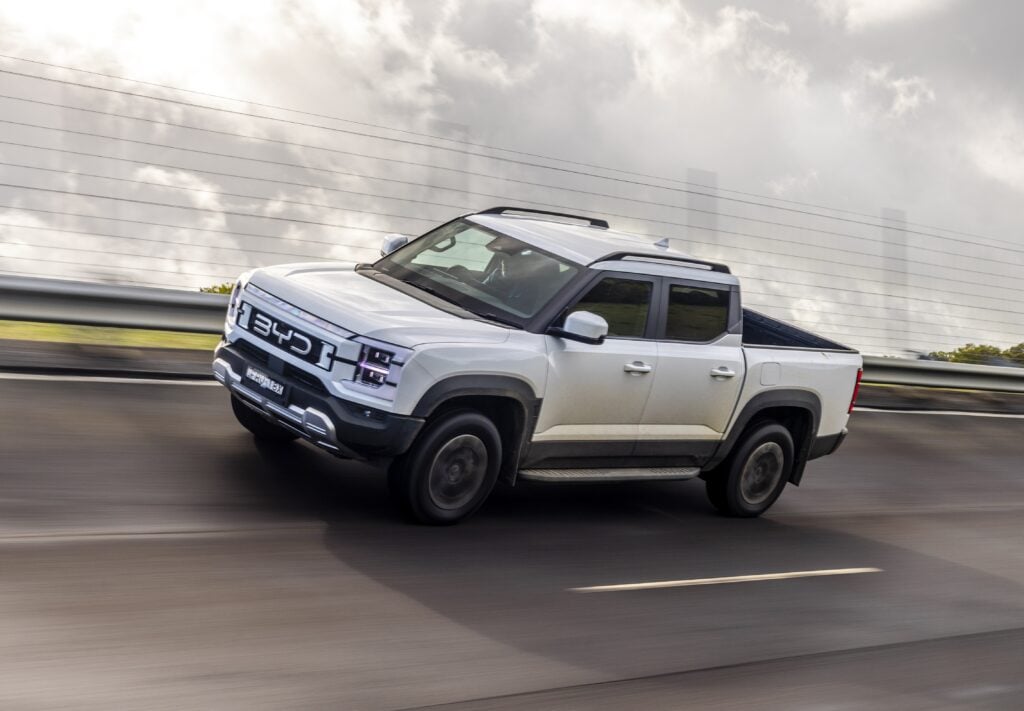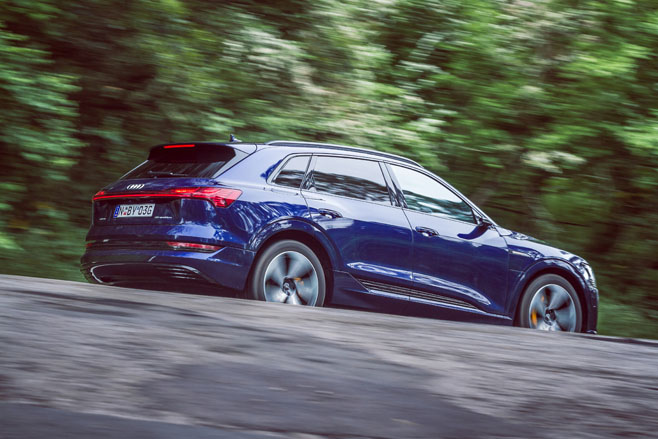
Snapshot
- Tasmanian car rental and coach companies will be exempt from paying registration on all EVs too
- State Government’s own vehicle fleet will transition to an EV-only line-up by 2030
- News being praised by both car brands and automotive bodies
The Tasmanian State Government has announced it is ditching stamp duty on all new and second-hand electric vehicles for the next two years.
The initiative came into effect yesterday, July 1, with the Liberal government pushing hard to match recently unveiled EV initiatives from both New South Wales and Victoria.
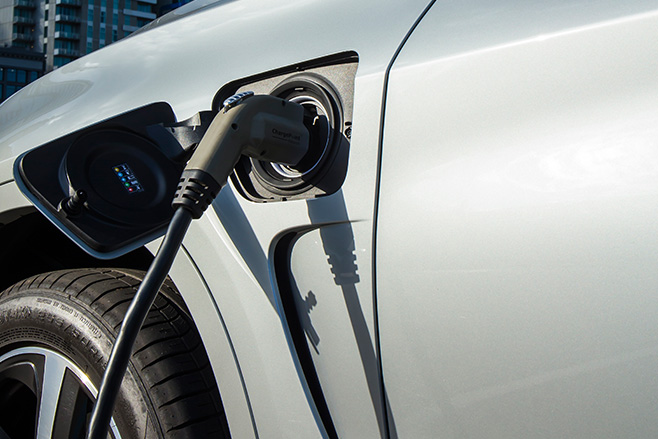
“Today, the Tasmanian Parliament has approved changes to the Duties Act 2001, meaning Tasmanians will pay no stamp duty when they purchase an EV,” Peter Gutwein, Tasmanian Premier and Minister for Climate Change, said in a statement.
“This will reduce the initial higher purchase costs of EVs by around $2000 on average, providing a significant boost to encourage interested Tasmanians to make the switch and support this growing market in Tasmania.
“Tasmania is ideally suited to benefit from the transition to EVs with our clean, low cost and reliable renewable energy, while at the same time reducing our dependence on imported fuels.”
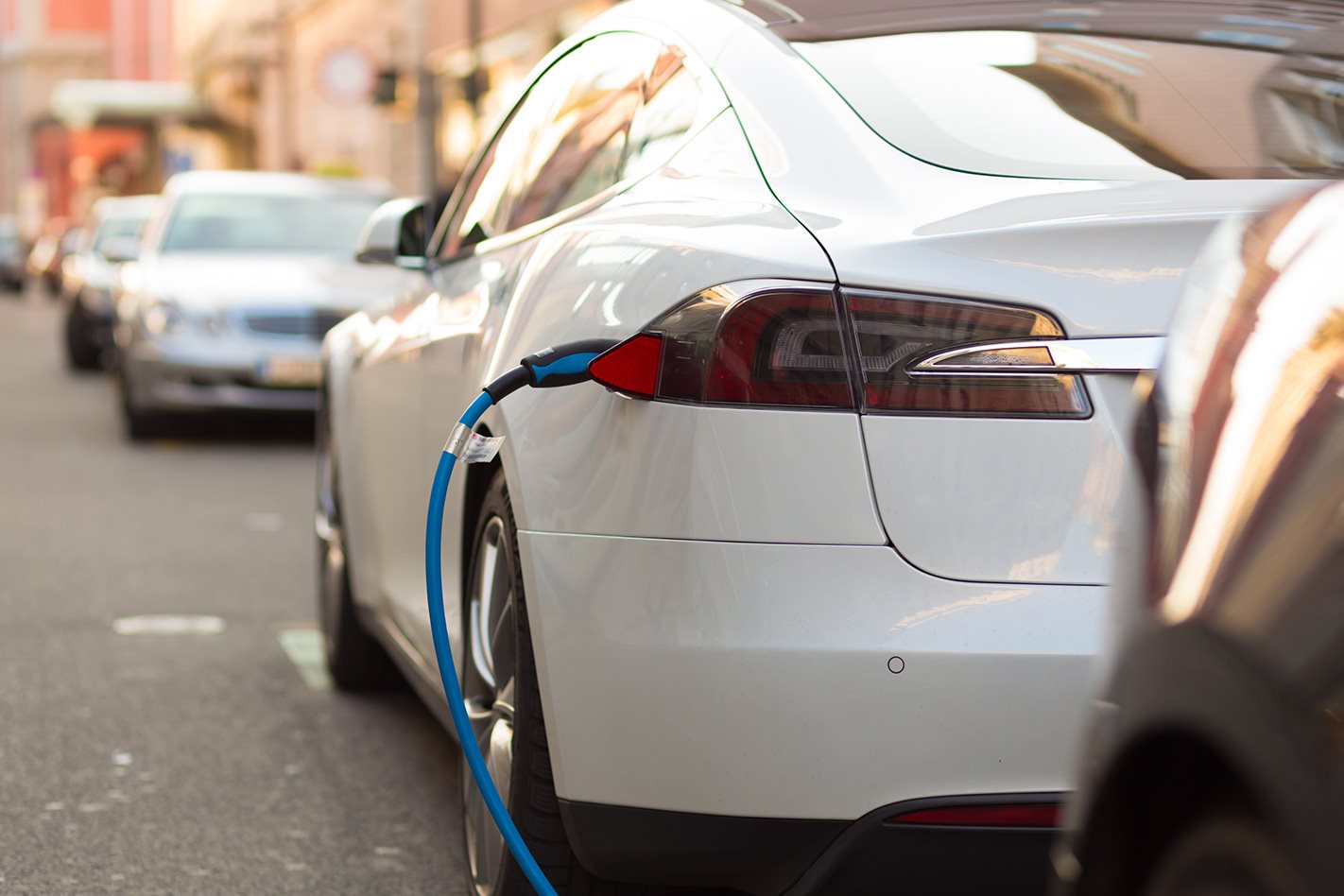
According to Michael Ferguson, Tasmania’s Minister for Infrastructure and Transport, the stamp duty waiver will equate to the average EV purchase being around $2000 cheaper.
The Government announced it will also offer free registration for electric vehicles purchased by automotive rental companies and coach operators for the first two years.
“We are supporting the tourism industry’s goal to become a carbon-neutral destination by waiving registration for electric vehicles purchased by car rental companies and coach operators for two years as well,” Ferguson said.
The Government’s own automotive fleet will also transition to a 100 per cent electric vehicle line-up by 2030.
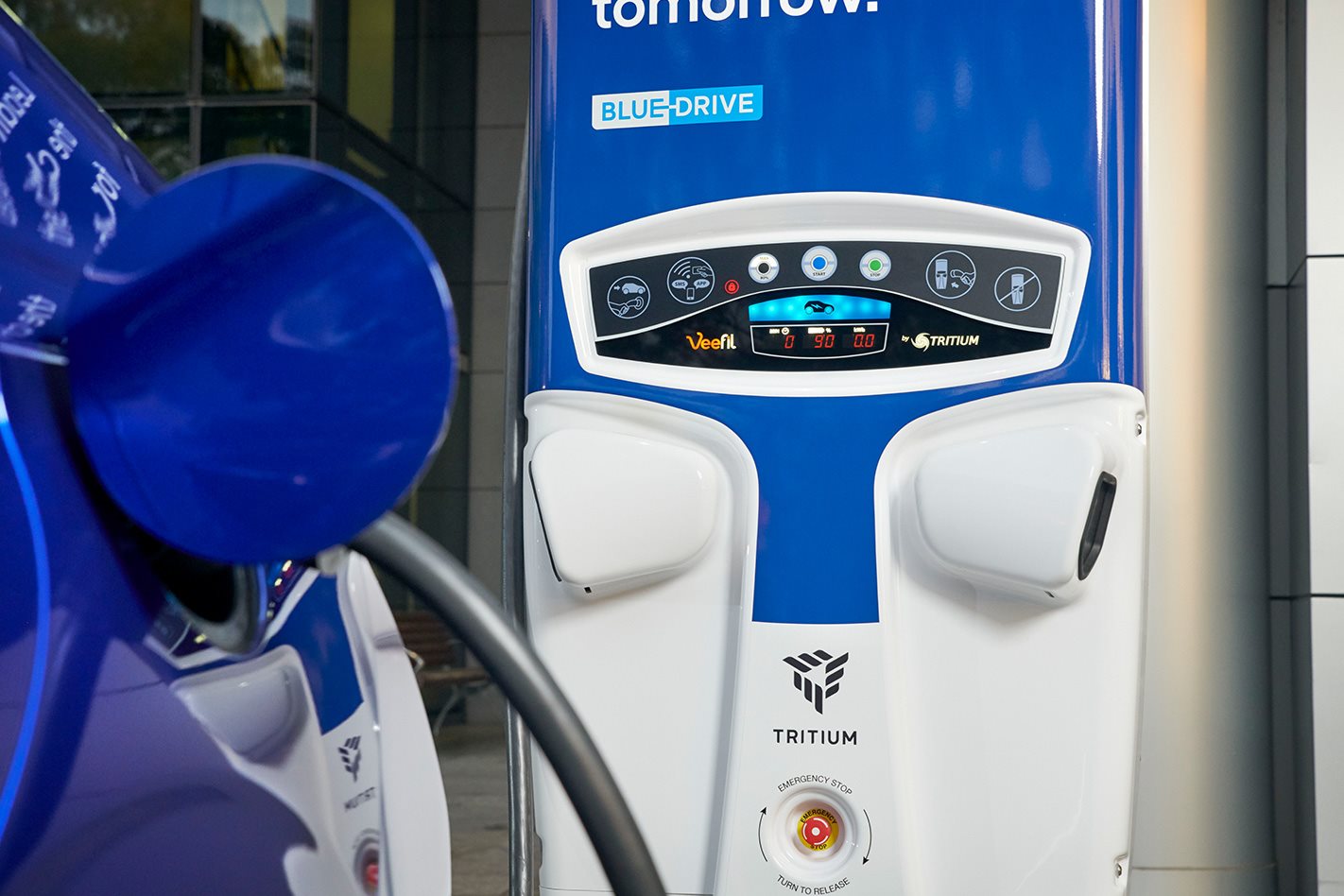
Tasmania’s temporary EV stamp duty abolition is also unique, as it comes without condition.
Conversely, Victoria offers a $3000 subsidy for EVs valued up to $68,740, while New South Wales is scrapping stamp duty, but only for vehicles valued up to $78,000.
Unlike Victoria’s contentious new EV tax, which sees electric vehicle owners charged 2.5c for every kilometre they travel, and PHEV owners charged 2c for every click, Tasmania’s State Government has no current plans to implement a similar tariff.
“The Tasmanian Government is committed to supporting the uptake of electric vehicles, because of their environmental, social and economic benefits, and has no plans to introduce a road user charge on electric vehicles at this time,” a spokesperson told WhichCar.
“However, the Government is also cognisant that electric vehicles are not subject to the same fuel excise as other road users, a source of revenue which contributes to essential road maintenance, and will continue to monitor proposed road user charging arrangements in other jurisdictions.”
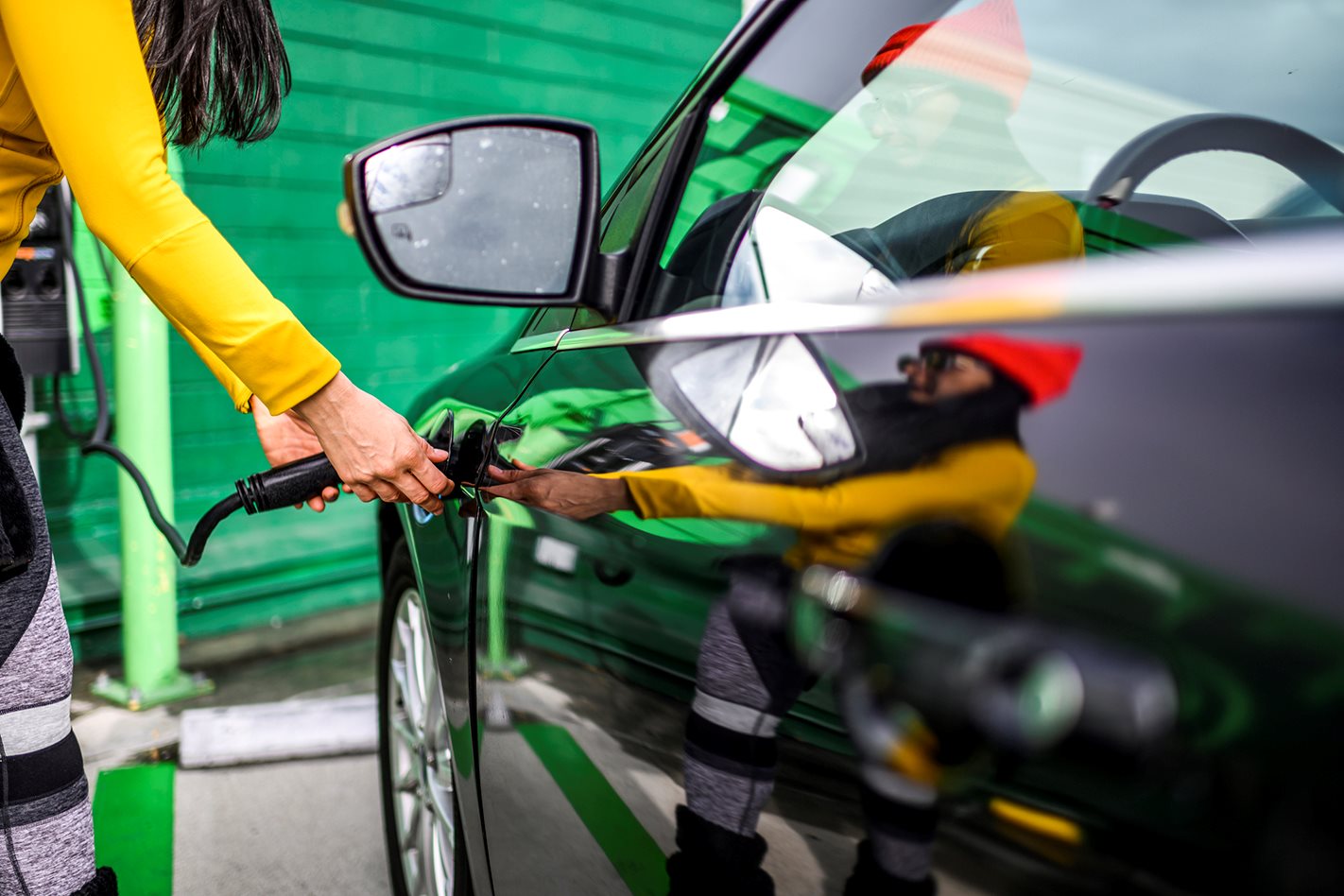
The news of Tasmania’s EV initiative has been welcomed by both automotive brands and industry bodies alike.
“While New South Wales clearly leads the nation on EV policy, Tasmania’s initiative is, on the face of it, well-considered and therefore welcome,” a spokesperson for Volkswagen Australia told WhichCar.
“Waiving stamp duty to encourage take-up is only logical while EVs comprise less than one per cent of sales.
“The contrast with the Andrews’s Government’s ham-fisted cash-grab excuse for an EV policy could not be more stark.
“Nor does NSW or Tasmania discriminate against customers of plug-in hybrids, who, in Victoria, must pay a road user charge and fuel excise.”
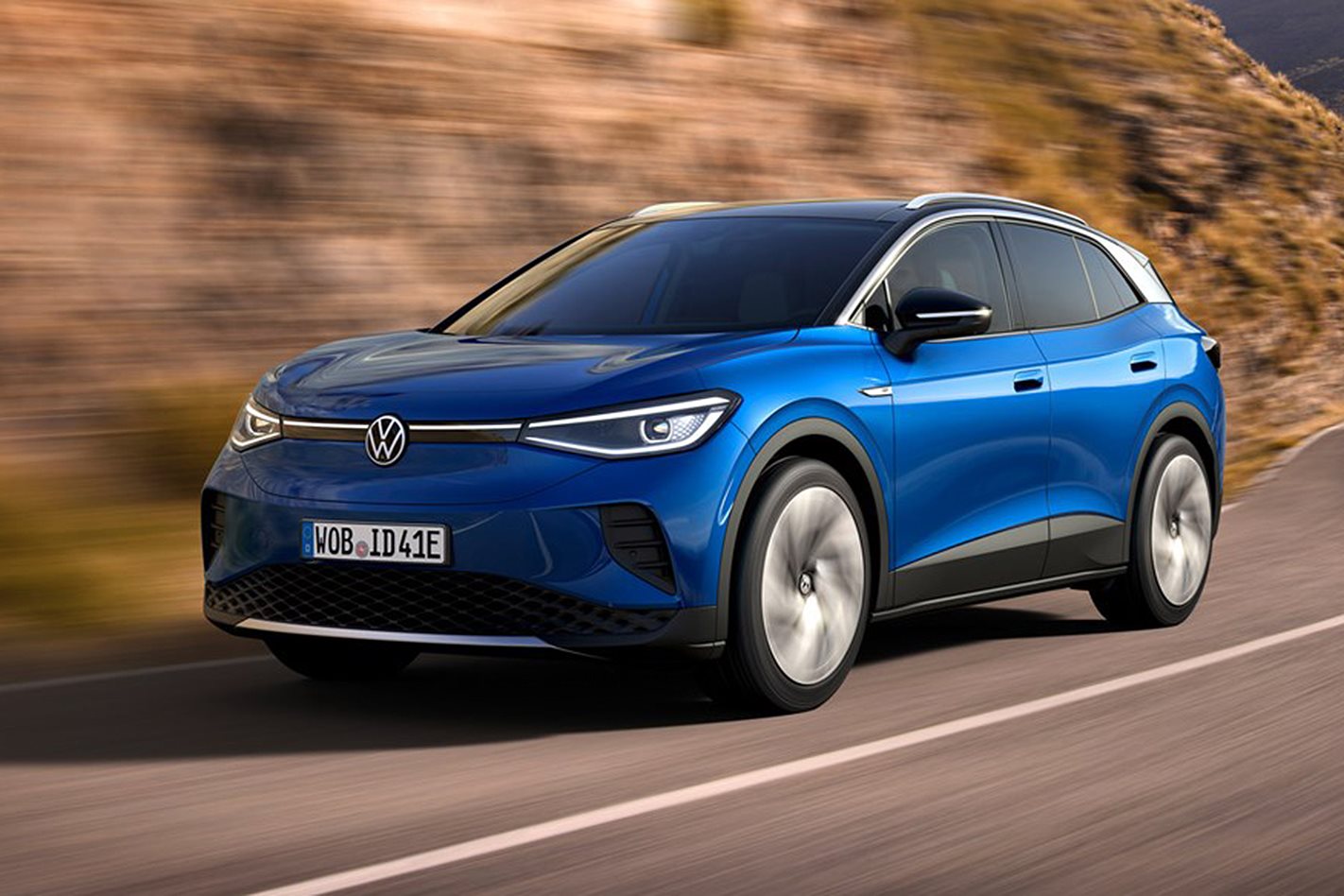
Tony Webster, Chief Executive of the Federal Chamber of Automotive Industries, said the announcement was a positive step in automotive tax reform.
“This is the kind of action we need to see from our leaders in Australia to encourage environmental improvement, taxation reform and the introduction of new technology,” he said.
“As the future of mobility continues to rapidly transform, now is the time for Governments to relieve motorists of a myriad of outdated, confusing and inefficient charges and replace them with a simplified road user charging approach.”
We recommend
-
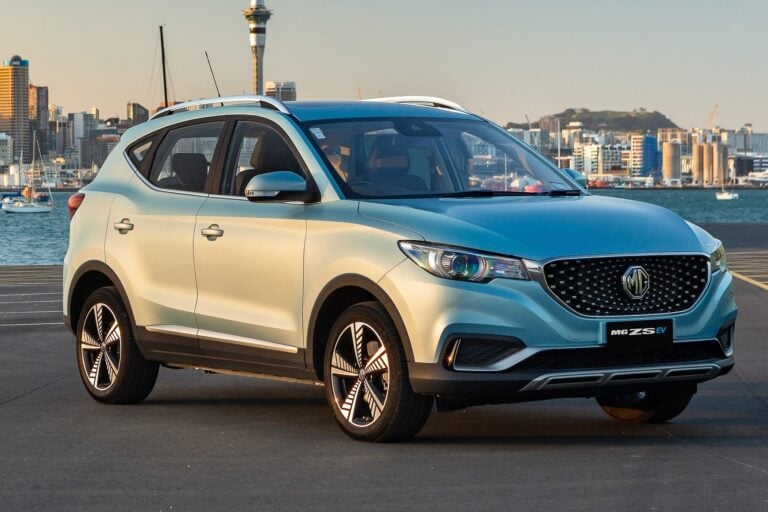 News
NewsNew Zealand announces rebate for EV buyers
Light vehicles costing up to NZ$80k will be eligible from July 1 to December 31 this year
-
 News
NewsLeaked government EV strategy leaves Australia “miles behind”
Discussion paper leaked from federal government shows little of substance in face of global EV push
-
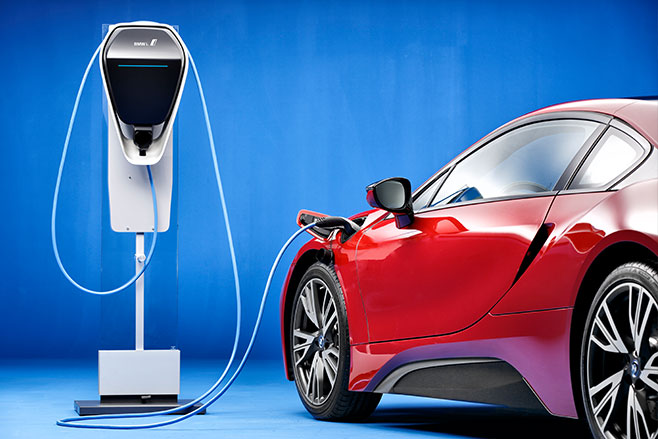 News
NewsAnalysis: NSW takes Victoria's EV policy and betters it
The NSW Government saw Victoria's EV policy and went a step, or several, further


